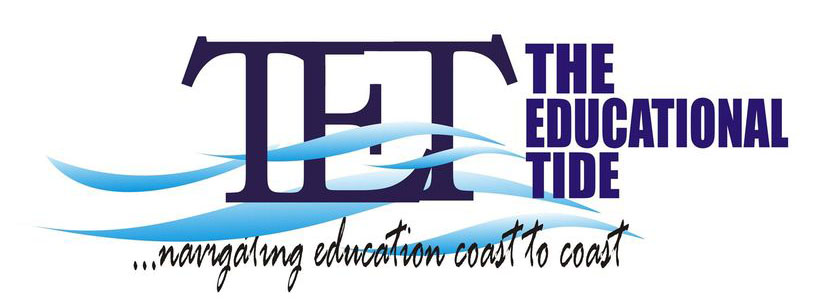Charles Ogwo
The Federal House of Representatives on Wednesday, April21, 2021 made known its displeasure over the huge amount of money paid by students in Nigeria’s tertiary institutions as acceptance fees.
The lower house was worried that the development was fast constituting an impediment to the smooth process of entry into tertiary institutions
Hence, the Lawmakers urged the Federal Government to increase the funding of public universities, polytechnics, and other high institutions to moderate the excessive drive for Internally Generated Revenue ( IGR), at the expense of popular access to public education in Nigeria.
Moreover, the lower legislative arm directed the Committee on Tertiary Institution and Services to investigate the high acceptance fees charged by tertiary institutions in the country.
The decision was reached aftermath to a motion, titled “Need to Investigate the Acceptance Fees Charged by Tertiary Institutions in Nigeria”, sponsored by Julius O. Ihonvbere from Edo State at plenary.
Honourable Julius Ihonvbere moving the motion earlier said that the arbitrary high acceptance fees charged by some public universities on new students across the country has become a matter of great concern to many families.
“Amid the rising frustrations over the exorbitant fees, indigent families of new students that are forced to pay the acceptance fees are bemoaning the unusual astronomical increases against the backdrop of the fact that federal universities are supposedly tuition-free.
“The acceptance fees are discriminatory, as they vary from one university to the other which clearly shows that they have become mere internal revenue-generating mechanisms thus constituting an impediment to the smooth process of entry into universities”, he declared.
Besides, the lawmaker stressed that while some of the institutions are charging minimal fees, others are charging astronomically whereas, others do not charge anything, while most institutions do not charge acceptance fee against tuition fees, thus raising the question as to whether the institutions were not established under the same law.
“If the situation is unchecked, acceptance fees may surreptitiously become the school fee, thus affecting the number of students that may gain entry into higher institutions in Nigeria.
“The dire consequences of exorbitant acceptance fees in our public universities have led to many indigent students losing their admission as a result of their inability to afford the fees”, he noted.
The House Representatives adopting the motion gave the committee four weeks to conclude the assignment and report back to it for further legislative action.














